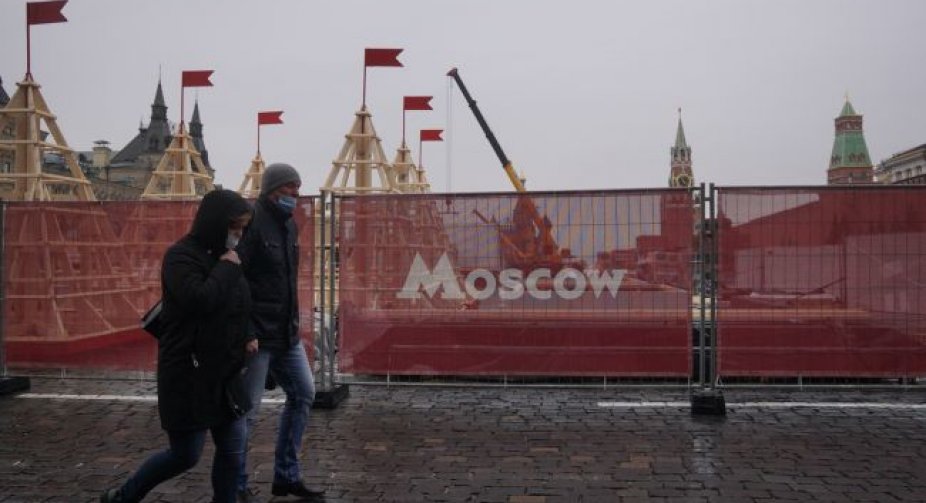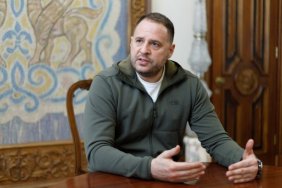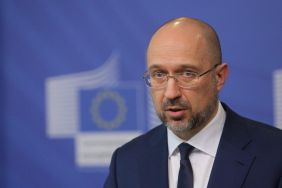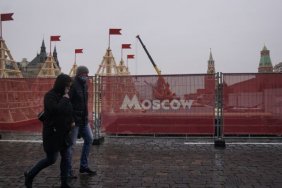Russia suffered its first default on foreign obligations since 1918, when the Bolsheviks, who had seized power, refused to pay their debts. One hundred years later, the Kremlin regime has once again isolated itself from the world.
This is reported by Reuters.
Formally, Russia defaulted on June 26, when the 30-day grace period to pay $100 million in interest on Eurobonds expired. Prior to that, Russia had struggled to make payments on the $40 billion in bonds since its invasion of Ukraine on Feb. 24. But attempts to avoid default ran into an insurmountable obstacle in late May, when the U.S. Treasury Department's Office of Foreign Assets Control (OFAC) effectively blocked Moscow from making payments.
"We had thought since March that a Russian default was probably inevitable, and the question was when exactly. OFAC stepped in to answer that question for us, and now the default is here," said Dennis Hranicki, head of litigation at law firm Quinn Emanuel.
The sweeping sanctions have effectively cut the country off from the global financial system and made its assets toxic to most investors. The Kremlin has repeatedly said Russia has no reason to default, but it can't send money to bondholders because of the sanctions, accusing the West of trying to drive it into artificial default.
The Russian Finance Ministry said it had made payments to its national settlement depository (NSD) in euros and dollars, claiming it had met its obligations. Sources told Reuters that some Taiwanese bondholders did not receive payments on Monday.
In recent days, Moscow has struggled to find ways to cope with upcoming payments and avoid default.
President Vladimir Putin signed a decree last Wednesday triggering temporary procedures and giving the government 10 days to choose banks to make payments under the new scheme, suggesting that Russia would consider its debt obligations fulfilled when it paid bondholders in rubles.
The overdue OFAC license is not the only obstacle Russia faces, as in early June the European Union imposed sanctions against the NSD, Russia's designated agent for its Eurobonds.
Although a formal default would be largely symbolic, given that Russia cannot currently borrow internationally and does not need to because of its abundant oil and gas export revenues, a default itself would raise its borrowing costs in the future.
Before the invasion of Ukraine, a sovereign default seemed unthinkable because Russia had an investment grade rating shortly before. A default is also unusual because Moscow has the means to service its debt.
As Vladislav Rashkovan, deputy executive director from Ukraine at the IMF, noted, a default is a severe blow to Russia's image in financial markets, which usually closes the country's access to foreign markets for many years. "Some may say that Russia doesn't have it after the war started. That's true, but the default makes it very difficult for them to return to a civilized financial market even after the war, especially since the world's investment banks, the Big Four rating agencies and auditing companies have also left their market and will not return soon," he added.
According to him, when the stock market infrastructure begins to be restored after the change of regimes in Russia and the payment of post-war reparations to Ukraine, it will take years, and Russia will begin its journey from the junk status of its debt.
Russia has already undergone at least two defaults in its recent history, Rashkovan reminded. First, in 1991, Russia tried to refuse to pay some of the international debts it received after the collapse of the USSR. At that time it was a matter of $100 billion. Russia said that there was no such country as the Soviet Union, so they will not pay the debts. The Paris Club of creditors then forced Russia to recognize some of the debts of the Soviet empire, and in 1996 they restructured the debt.
Against the backdrop of falling world oil prices in 1998, the Russian authorities were no longer able to service their domestic debt. The Russian government was financed by short domestic GKO securities, the yields on which were very high. On August 17, 1998 Russia stopped payments on the domestic debt by 40 billion dollars and devalued the ruble.
But Russia had previously fulfilled its external financial obligations. Now this is the first default of Russia's foreign debt since February 1918. Russia's debt then can be estimated at $500 billion in 2020 prices.
Meanwhile, the Kremlin does not agree with the claims that Russia is in default on foreign currency debt obligations.
This is reported by Interfax.
When asked by reporters whether the Kremlin agrees with the statements about a default in Russia, presidential spokesman Dmitry Peskov said: "No, we don't agree."
On Monday, a 30-day grace period passed during which Russia had to resolve the issue of coupon payments on the Russia-2026 and Russia-2036 issues.
For months, Russia had been looking for ways to circumvent the penalties imposed after the Kremlin's invasion of Ukraine. But at the end of the day on Sunday, the grace period for interest payments of $100 million until May 27 ended, which is considered a de facto default if payment is missed.
Recall that the head of the European Commission, Ursula von der Leyen, said that Russia's national default is only a matter of time, as European sanctions against Russia are penetrating deeper into the country's economy with each passing week.



